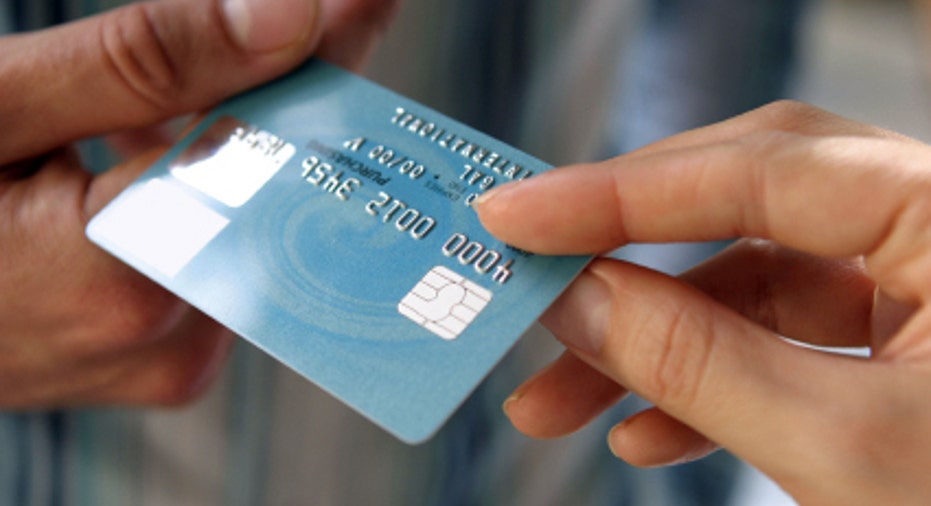Are Rewards Credit Cards Ever a Good Choice?

Recent statistics show that roughly 80 million Americans use credit cards with some kind of rewards option. And why not? On the surface it sounds like a good idea to get added rewards like cash back or airline and travel miles, for spending your hard-earned money. But here’s the problem: Rewards cards tend to carry a higher interest rate than a regular credit card, and can also have additional fees such as an annual card fee. You can end up paying more for your purchases if you don’t pay the bill in full and have to pay for the accrued interest.
With that said, there are situations when having a rewards card make sense, the key is to get the right card that provides rewards equal in value to the extra cost you incur.
Consider a cash back rewards credit card: You typically get around 1% to 5% cash back from various purchases. So let’s say you spend $5,000 on your 15% APR credit card in a year and get a generous 5% cask back on all purchases. That gives you $250 at the end of the year. However, if you pay only the minimum payment on your credit card, you end up paying more than $5,000 in interest before you pay your debt back. Even if you pay fixed payments of $475 per month to pay the debt back in a year, you pay just over $395 in interest. So in 12 months, you earned $250 and spent $395 in interest—creating a net loss of $145.
Having real values makes it easy to calculate whether a rewards card makes financial sense. The task becomes more tricky when the rewards are airline miles or travel points. Studies have shown that it is often cheaper to save up and buy airplane tickets on your own, rather than trying to earn them with rewards. Buying them without rewards points also avoids blackout dates and other restrictions.
Another big problem with reward credit cards is a phenomenon called “purchase acceleration” a trend where people spend more money on their credit cards to earn rewards. If you’re reaching a reward milestone, you are statistically more likely to make bigger purchases in order to earn your reward. This means you’re making purchases you don’t need just to earn a reward.
How to Pick a Card
Before committing to a rewards card, know its terms.
Many people who use reward cards are unable to fully benefit from them because they may meet a “points cap” that the card issuer has imbedded into the terms and conditions that most of us without super x-ray vision can pick up in the fine print of the disclosure document.
If a reward credit card has gotten you into trouble, pay off the debt as quickly as possible and limit your use of the card to times when you know you can pay the debt in a lump sum.
If you can pay off the debt before interest accrues, then a reward credit card can be a great benefit. Otherwise, it’s probably doing more harm than good. In addition, if you need help getting out of credit card debt, don’t give your debt more time to build with the high interest rate on your reward card. Consider options to consolidate your debt and speak to a certified credit counselor to see what your options are.
Howard Dvorkin, CPA, is the founder of Consolidated Credit Counseling Services, Inc., and the author of Credit Hell: How To Dig Out of Debt. He is also personal finance expert and consumer advocate who has been helping people for more than 15 years.



















